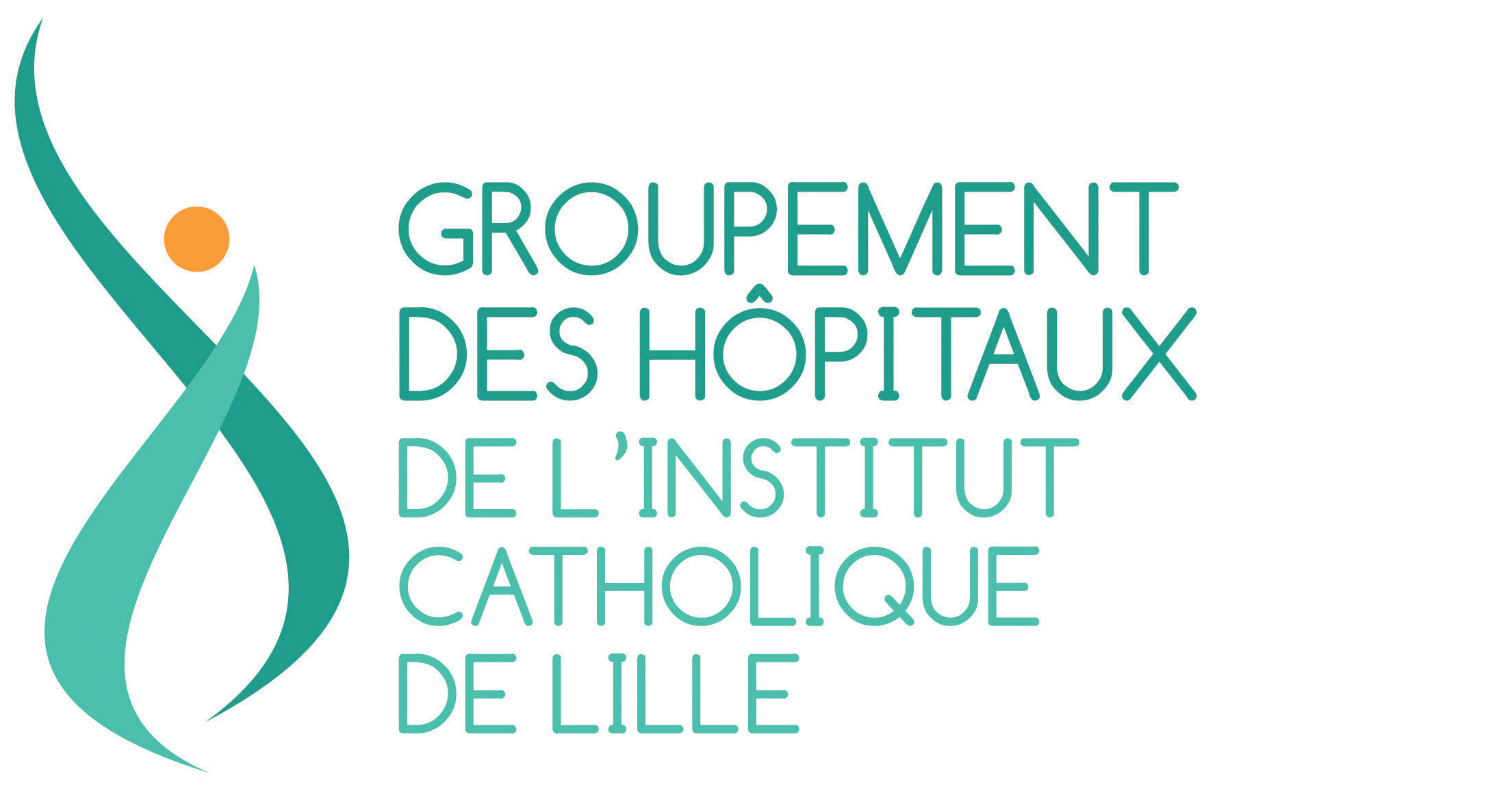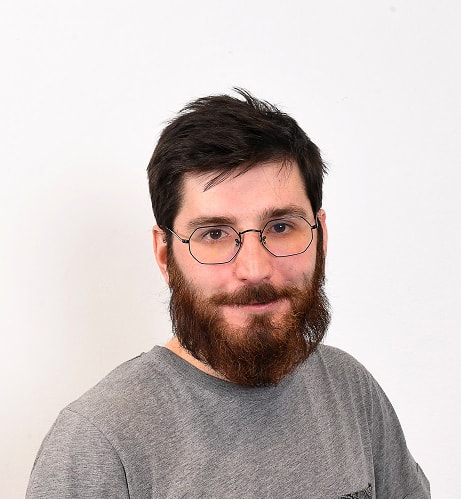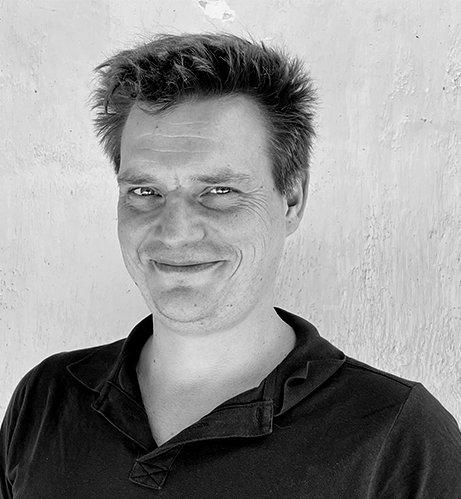Piktura is developing it’s activity
about virtual reality
about virtual reality
Division of research
In September 2021, we welcomed Vincent Reynaert to Piktura as a teacher-researcher. Vincent has completed a doctoral thesis on the subject of virtual reality and its impact on physical health and muscle fatigue. He is now in charge of developing a research cluster within the school, in collaboration with anthropo-lab and the Institut Catholique de Lille's Maison des chercheurs.
This research focuses on cross-disciplinary issues between virtual reality and cognitive sciences. Some of the school's research projects also involve collaboration with researchers from Junia, the Université Catholique de Lille's engineering school, on issues related to artificial intelligence.
This research focuses on cross-disciplinary issues between virtual reality and cognitive sciences. Some of the school's research projects also involve collaboration with researchers from Junia, the Université Catholique de Lille's engineering school, on issues related to artificial intelligence.
Benjamin De Witte, PhD, Associate Professor
After initial training in science and techniques for physical and sports activities, specializing in cognition, motor skills, and learning, Benjamin had the opportunity to work on the cognitive-motor aspects involved in minimally invasive surgery. More specifically, he was responsible for finding learning solutions to reduce the number of errors made by surgeons at the beginning of their careers and as lead surgeons. Solutions involving “physical” simulations using a learning simulator and “mental” simulations using motor and mental imaging techniques were tested. After a brief stint as a project manager in the medical and pharmaceutical industry, he is now in charge of developing virtual reality learning workshops that take into account the cognitive needs of the user. In addition to his research activities, he teaches at Piktura.
After initial training in science and techniques for physical and sports activities, specializing in cognition, motor skills, and learning, Benjamin had the opportunity to work on the cognitive-motor aspects involved in minimally invasive surgery. More specifically, he was responsible for finding learning solutions to reduce the number of errors made by surgeons at the beginning of their careers and as lead surgeons. Solutions involving “physical” simulations using a learning simulator and “mental” simulations using motor and mental imaging techniques were tested. After a brief stint as a project manager in the medical and pharmaceutical industry, he is now in charge of developing virtual reality learning workshops that take into account the cognitive needs of the user. In addition to his research activities, he teaches at Piktura.
DemoES
Depuis 2022, le Département Recherche et Innovation de Piktura est impliqué dans le projet de recherche DemoES (Dispositifs d’Enseignement Modulaires et d’Observation en Environnements Simulés), financé par le PIA3, visant à concevoir une plateforme d’apprentissage immersive à destination des universités et écoles.
Ce projet nous a permis d’explorer les impacts de la réalité virtuelle pour la pédagogie, notamment la charge cognitive, la cybersickness et la présence dans différents cadres d’apprentissage (ex : géographie, poésie, etc.).
Alors que le projet entre dans sa phase finale (prévue fin 2025), des explorations sont encore nécessaires pour amener une réflexion plus large sur l’appropriation des environnements XR par les enseignants et les étudiants, dans une perspective de durabilité, d’inclusion et de transfert pédagogique.
Nos financeurs

Nos partenaires



AUPEN
XR et santé
Interactions immersives au service du bien-être, de la prévention, de la formation et de l'information en santé.
Dans la continuité de leurs travaux de thèse, nos chercheurs mettent en place une nouvelle ligne de recherche centrée sur les usages de la XR dans le domaine de la santé et du bien-être. L’objectif est de concevoir des expériences immersives qui favorisent la prévention, la sensibilisation ou encore la rééducation, en intégrant les enjeux d’engagement, d’expérience utilisateur et d’accessibilité. Ces projets sont pensés pour répondre à des problématiques concrètes dans des contextes éducatifs ou cliniques, avec une attention particulière à la mesure de l’impact sur l’utilisateur et à la faisabilité technique dans des environnements réels.
Nos partenaires



